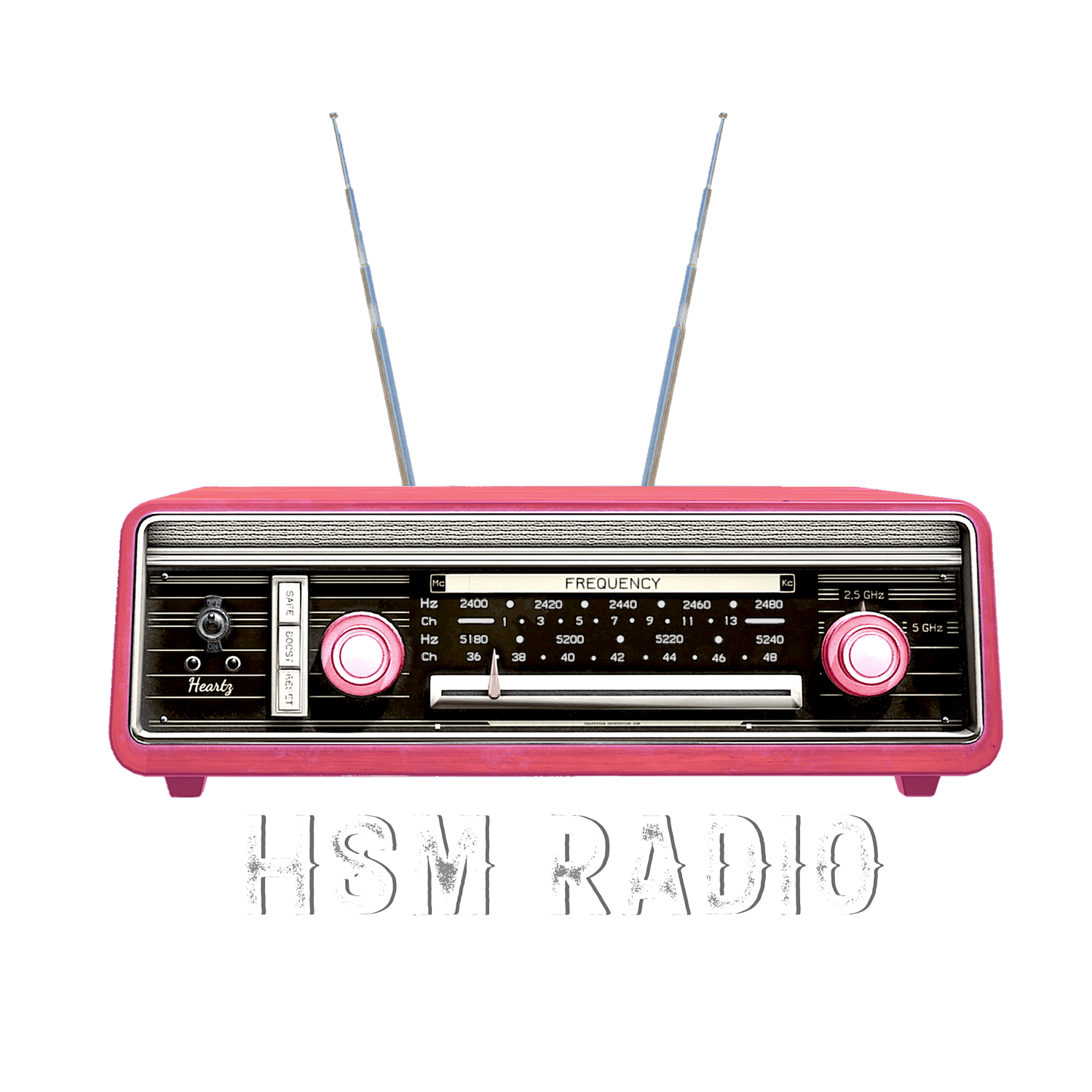Hosting a Radio Show vs. Podcast: Maximizing Exposure for Your Business
Hosting a radio show or podcast is a fantastic way to gain more exposure for your business and attract new clients or customers. When deciding which direction to go, it's important to consider the key differences between the two formats:
1. Cost of Hosting
Radio Show: Hosting a show on the radio can be significantly more expensive than hosting a podcast. Radio airtime is a premium commodity, and you'll likely need to budget for these costs. Additionally, radio shows are typically broadcast live, requiring thorough preparation on topics and guests. Always have a backup guest or an engaging topic ready to fill your airtime in case of last-minute cancellations.
Podcast: Podcasts are generally more cost-effective. You have the flexibility to record episodes at your convenience without the pressure of live broadcasting. This can significantly reduce production costs and logistical challenges.
2. Finding Sponsors
Radio Show: Sponsorship is crucial to offsetting the high costs of radio broadcasting. Before seeking sponsors, you must understand the radio station’s advertising rates. This knowledge will help you negotiate better deals and present a more compelling proposal to potential sponsors.
Podcast: Sponsorship opportunities for podcasts are also abundant. Since podcasts typically cost less to produce, securing sponsors can help you achieve profitability faster. Many platforms offer tools to connect podcasters with potential advertisers, streamlining the sponsorship process.
3. Platform Restrictions
Radio Show: Many radio stations already have established platforms for their shows. This may limit your ability to archive episodes on platforms like Libsyn or others. Ensure you understand the station's policies regarding show ownership and distribution rights.
Podcast: With a podcast, you have complete control over where and how your episodes are distributed. You can choose platforms that best suit your audience and marketing strategy, offering greater flexibility in content management and distribution.
4. Scheduling Flexibility
Radio Show: Radio shows require a fixed schedule, which means you must be consistent in airing your episodes. Missing a scheduled show usually results in the station airing an archived episode, for which you will still be charged.
Podcast: Podcasts offer unparalleled flexibility. You can record and release episodes according to your schedule, making it easier to manage alongside other business commitments. This flexibility can also enhance your creativity, allowing you to produce content that feels more spontaneous and authentic.
5. Hosting Style
Radio Show and Podcast: Regardless of the format you choose, avoid relying heavily on a script. Your audience will notice if you are reading from prepared notes, which can detract from the natural flow of the conversation.
In my experience, the best episodes are those that feel like a genuine conversation with a friend. For example, during my second radio show, I had a well-known guest whose documentary had just aired on ESPN. Despite my detailed preparation, he answered several of my pre-written questions in one go, throwing me off balance. This taught me the value of letting the conversation flow naturally and being adaptable.
Additional Tips:
Preparation: While you should avoid reading from a script, do prepare key points and topics. This will help you stay focused without sounding rehearsed.
Engagement: Engage with your audience by addressing their questions and comments. This interaction can make your show more dynamic and relatable.
Authenticity: Be yourself. Authenticity resonates with listeners and builds trust, which is crucial for converting listeners into clients or customers.
Hosting a radio show or podcast can significantly boost your business's visibility and credibility. By understanding the differences between the two formats and preparing accordingly, you can choose the platform that best aligns with your goals and resources. For further questions or personalized advice, feel free to contact me.
